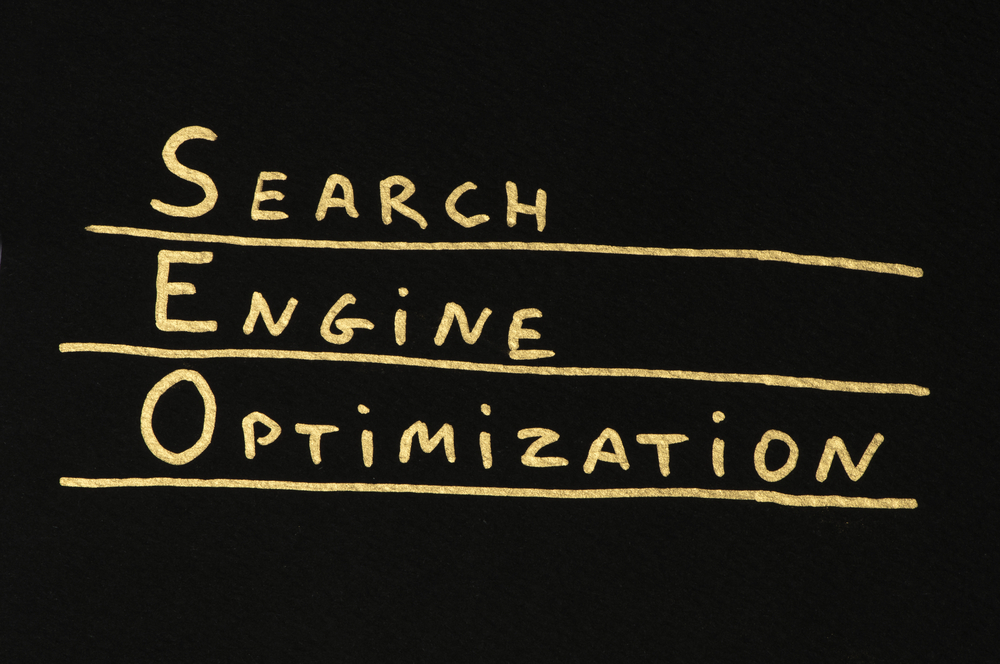Search Engine Optimization: How to Increase Site Visibility
Are you looking for ways to increase your website’s visibility in search engine rankings? Search Engine Optimization (SEO) is a powerful tool for gaining visibility in search engine rankings and driving organic traffic to your website. In this blog post, we will discuss the various steps you can take to improve your SEO ranking for maximum visibility.
Best Practices for Optimizing Content
In today’s digital world, there is no doubt that search engine optimization (SEO) is a must-have skill. It is the process of optimizing a website to make it more visible in search engine results pages (SERPs). One of the best ways to optimize a website for SEO is by optimizing its content for search engine rankings.
Search is more than just affiliate marketing but can also help service providers as well as those selling courses online.
Content optimization for SEO involves optimizing website content to make it more relevant to search engine algorithms. This can involve optimizing the website’s content to include targeted keywords, as well as making sure the content is structured in a way that is easily indexable by search engine crawlers. Content optimization for SEO also includes optimizing the website for mobile users, as well as optimizing the site for voice search.
In order to maximize search engine visibility, the content on a website must be optimized for keywords, metadata, and structured data. Keywords are those words and phrases that are related to the topic of a website, and metadata is the additional information that search engines use to understand a website’s content. Structured data is the data that is used by search engines to understand the structure of a website and how it should be indexed.
When optimizing content for search engine rankings, it is important to focus on creating content that is relevant to the website’s target audience. This includes using keywords that are relevant to the topic of the website, as well as making sure the content is structured in a way that is easily read and understood by both search engine algorithms and users.
Additionally, content should be optimized for metadata and structured data. Metadata is the additional information that search engines use to understand a website’s content, and structured data is the data that is used by search engines to understand the structure of a website and how it should be indexed.
Content should also be optimized for relevance and authority. Relevance refers to how closely the content matches the topic of the website, while authority refers to the importance of the content in relation to other content on the web. The more relevant and authoritative content that is included on a website, the higher it will rank in search engine results pages.
How Do I Maximize Organic Search Visibility in Google?
Organic search visibility is an important factor in achieving success in the world of SEO. Google is one of the most important search engines, and it is important for website owners to maximize their organic search visibility in Google. There are several factors that contribute to organic search visibility in Google, and it is important for website owners to understand these factors in order to maximize their organic search visibility.
One of the most important factors for optimizing for organic search visibility in Google is keyword research. Keyword research involves researching and analyzing the keywords and phrases that are most commonly used by people when searching for the topics related to the website. By analyzing the most popular keywords and phrases, website owners can create content that is optimized for these keywords and phrases, which will make it more likely that their website will appear in the search engine results.
Another important factor for optimizing for organic search visibility in Google is on-page and off-page SEO. On-page SEO involves optimizing the content of the website, including the titles, headings, and images. Off-page SEO involves building links to the website from other websites, in order to improve its authority and ranking in the search engine results pages.
In addition to keyword research and on-page and off-page SEO, website owners should also focus on optimizing their website for mobile users. Mobile users are an increasingly important part of the search engine landscape, and it is important for website owners to make sure their website is optimized for mobile users in order to maximize their organic search visibility in Google.
What is the Importance of Keyword Research for SEO?
Keyword research is an important part of any website’s overall SEO strategy. Keywords are the words and phrases that are related to the topic of the website, and they are used by search engines to determine the relevance of the website to a search query. By researching and analyzing keywords, website owners can create content that is optimized for these keywords, which will make it more likely that their website will appear in the search engine results.
The importance of keyword research for SEO lies in the fact that it helps website owners to create content that is more relevant to the search queries of their target audience. This is important because search engines are designed to provide users with relevant results, and if website owners create content that is not optimized for the keywords used by their target audience, then their website will not appear in the search engine results.
Another important aspect of keyword research for SEO is that it helps website owners to identify their target audience. By analyzing the keywords used by their target audience, website owners can create content that is more likely to be found by these users. This will help to increase the organic search visibility of the website, as organic search visibility is determined by the relevance of the website to the search query.
Link Building
Link building is an essential part of search engine optimization (SEO). It is the process of obtaining inbound links, also known as backlinks, from other websites to your own. These links help search engines to better understand your website and how it relates to other websites on the web. Link building plays a key role in improving your website’s ranking on search engine results pages (SERPs).
It is the practice of acquiring inbound links to your website from other websites. These backlinks inform search engines that your website is relevant, reputable, and provides quality content. As a result, your website will be more likely to appear higher in search engine results.
There are a number of different ways to build links to your website. Some of the most common link building strategies include guest blogging, directory submissions, and press releases.
Link building is also an important factor in improving the relevancy of your website. Search engines use backlinks to better understand what your website is about and how it relates to other websites on the web. For example, if other websites are linking to your website, it indicates that your website is a trusted source of information and provides relevant content related to the topic. This helps search engines to better understand the context of your website and can result in higher rankings.
One of the favorite resources is HARO for getting high quality links.
White Hat vs Black Hat SEO
White hat SEO is an ethical approach to optimizing a website. It follows the guidelines set by search engines and focuses on creating quality content for the user. White hat SEO involves optimizing a website for relevancy, content, and usability. This includes optimizing the website for keywords, creating quality content, and ensuring that the website is mobile friendly.
Black hat SEO is an unethical approach to optimizing a website. It involves using tactics that are designed to manipulate search engine rankings. These tactics include keyword stuffing, link farming, cloaking, and hidden text. These tactics are often used to quickly boost rankings without providing any value to the user.
White hat SEO is the preferred approach when optimizing a website. It is the only approach that is recommended by search engines and is the only approach that is likely to generate long-term results. Black hat SEO is not recommended as it is likely to result in penalties from search engines and can result in a website being removed from search engine results entirely.
How Can I Track The Progress Of My SEO Efforts?
If you want to succeed in SEO (search engine optimization), you need to track the progress of your efforts. Tracking your SEO progress can help you understand what’s working, what’s not, and how to adjust your strategy to get the best results. Here are some of the best ways to track the progress of your SEO efforts.
The first way to track your SEO progress is to use Google Analytics. Google Analytics is a free tool that allows you to track the performance of your website. It can show you how many people are visiting your website, where they’re coming from, and how long they’re staying on your site. Additionally, it can show you which keywords are driving traffic to your website and which pages are performing the best.
Another way to track your SEO progress is to use Search Console. Search Console is another free tool offered by Google, and it can help you track your website’s performance in the SERPs (search engine results pages). Additionally, it can show you which queries are driving traffic to your website, which pages are ranking in the SERPs, and which links are pointing to your website.
You should also track your SEO progress by monitoring your website’s ranking in the SERPs. You can use a variety of tools to track your website’s rankings, including keyword tracking tools and rank tracking tools. Additionally, you can use Google Search Console to check your website’s ranking for specific keywords.
Finally, you should track your SEO progress by monitoring your website’s performance on social media. You can use a variety of tools to track your website’s performance on social media, including follower count, engagement rate, and post reach. Additionally, you can use Google Analytics to track your website’s performance on social media, including the number of times your website has been shared and the number of clicks it has received.
By tracking your SEO progress, you can get a better understanding of what’s working and what’s not. This can help you adjust your strategy to get the best results and ensure that your website is performing well in the SERPs. Additionally, it can help you identify any potential problems that may be holding your website back, such as low-quality content or broken links.


